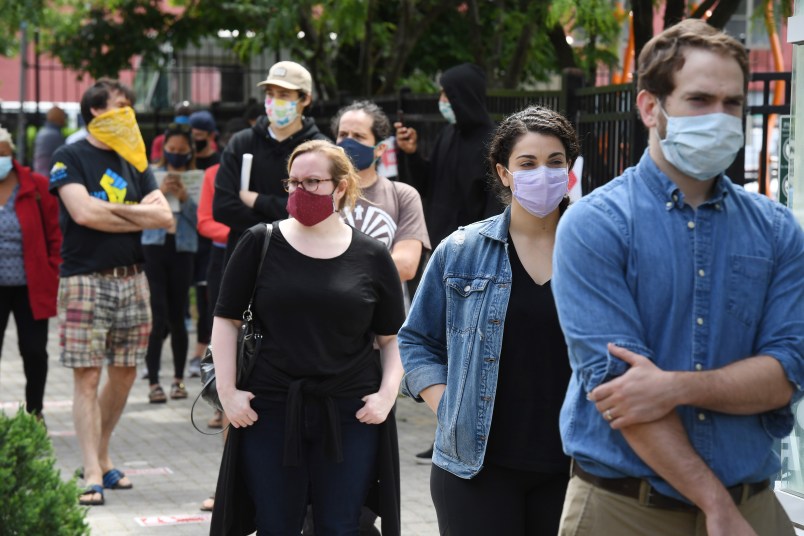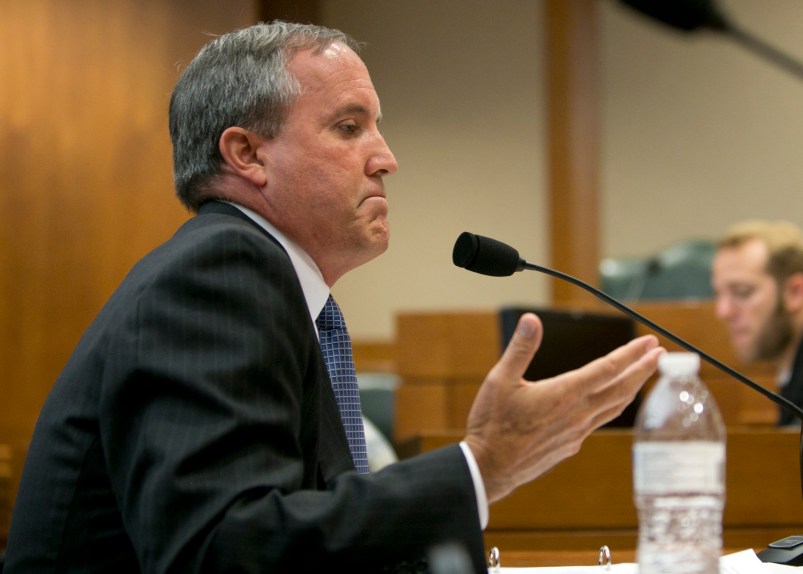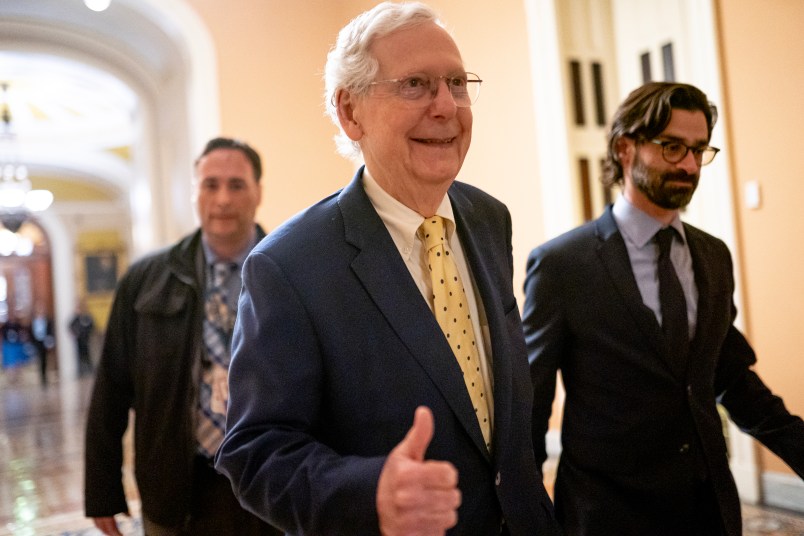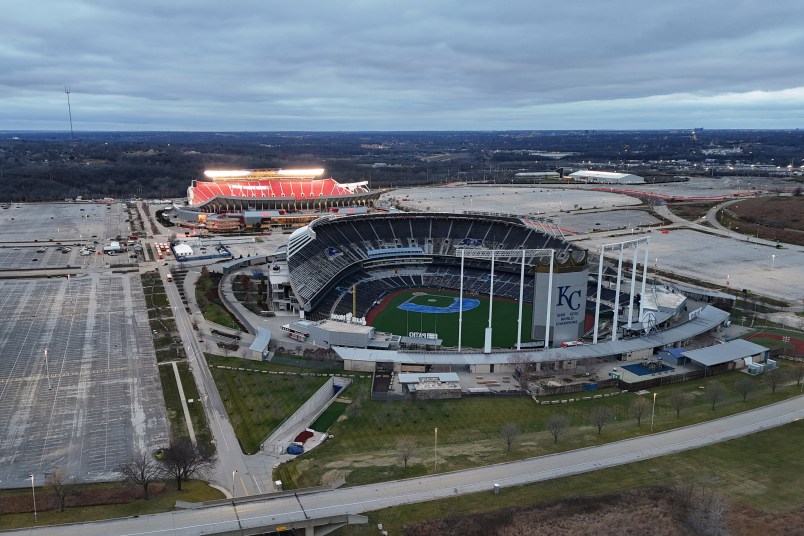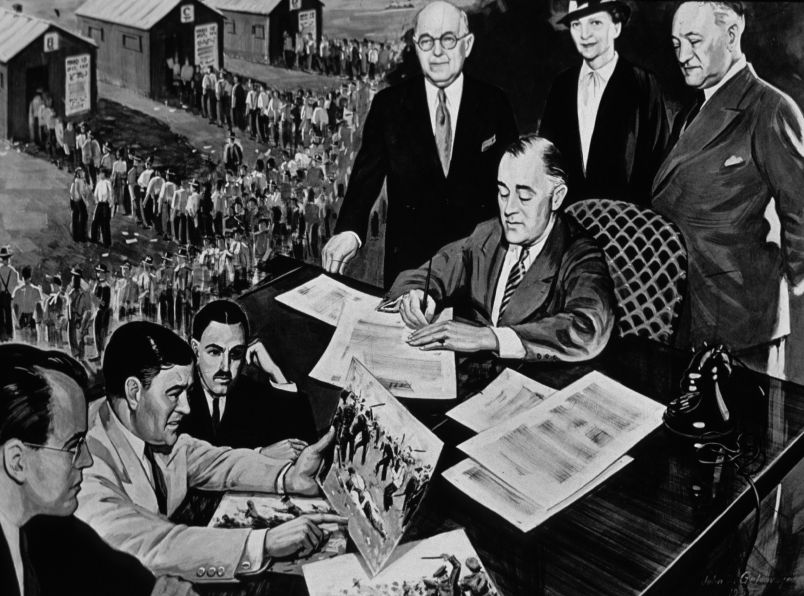This article is part of TPM Cafe, TPM’s home for opinion and news analysis.
As an election lawyer who has also served as a poll worker many times, I know election administrators have difficult jobs and often get less credit than they deserve. So I don’t say this lightly: if government officials run the November general election the way many have run recent primaries, the combination of massive voter turnout and a global pandemic will strain the mechanics of our democracy to the breaking point.
Working at a vote center in the District of Columbia’s June primary, I saw firsthand how administrative shortcomings can deprive voters of absentee voting options and overwhelm polling places. DC’s experience echoes several other states where voters have encountered severe obstacles amid the pandemic and widespread civil unrest.
The first lesson from the primaries is that the pandemic is causing demand for absentee voting to skyrocket, and election administrators must be prepared. In DC, the Board of Elections did not properly test or repair its system for submitting absentee ballot requests, so the system simply did not work for some voters, and for others it appears to have sent their requests into the ether. Working at a vote center, I personally assisted many voters who wanted to vote absentee but did not receive their ballots in time. Untold others surely gave up and did not vote at all.
Now is the time for every city to be stress-testing its absentee ballot capabilities, communicating procedures to voters and providing transparency about how absentee ballots will be processed and tabulated. To wait until tens of thousands of requests start pouring in to see whether the system works is not a viable strategy.
Second, it is embarrassing and unacceptable that citizens of the capital of the world’s leading democracy were forced to wait in massive lines for hours simply to cast votes. Most of these failures were due to DC officials’ mistake of drastically reducing in-person polling locations for the primary. Instead of the more than 140 polling places it would normally operate, DC conducted in-person voting at just 20 vote centers – an 86 percent reduction in the number of Election Day voting locations. And the crowds were compounded by the absentee ballot failures, which unnecessarily forced thousands of voters to go to the polls in person.
Frustratingly, the problems in DC were both predictable and preventable.
Two months earlier, Wisconsin’s biggest city, Milwaukee, closed 175 of its 180 polling sites for the primary election. These mass closures led to wildly excessive wait times for Election Day voters. After Wisconsin’s failures were widely publicized, legislators and election officials across the country should have been on notice about the need for appropriate action to ensure voters can safely and speedily cast ballots in this year’s elections. DC appears not to have learned from the cities that came before it.
In this environment, Election Day efficiency is all about poll workers: without enough poll workers, there won’t be enough polling places. Like almost every other city in the United States, it was clear that DC was going to lose a huge percentage of its poll workers in the primaries, because they skew older and are at higher risk for COVD-19. Those losses materialized as expected, but the Board of Elections did not recruit new poll workers, even with many college and high school students unexpectedly home and largely unoccupied.
Even now, the DC Board of Elections after-action report says its strategy will be to use more of its “experienced” poll workers for November. That’s not going to work. Election administrators need to increase poll worker pay and start advertising right now for a new crop of individuals to work the general election.
The urgent need for action by state and local leaders is not limited to any particular party or ideology. DC is led by Democrats and has a well-earned reputation for valuing and protecting voting rights. Nonetheless, severe problems arose in DC, as they did in primary states across the political spectrum, from “blue” Maryland to “purple” Pennsylvania to “red” Georgia.
Election officials must use lessons learned from these primaries – those that did well and those that struggled – to begin preparing now for the challenges of high turnout and social distancing in November. There is no time to lose.
Without immediate action, the system will break down in the general election, and that will suppress citizens’ right to vote. This bureaucratic form of voter suppression must be prevented, both in the District of Columbia and throughout the nation.
Adav Noti is the chief of staff at Campaign Legal Center (CLC). He served as Associate General Counsel at the Federal Election Commission and has worked as a poll worker in several elections.





